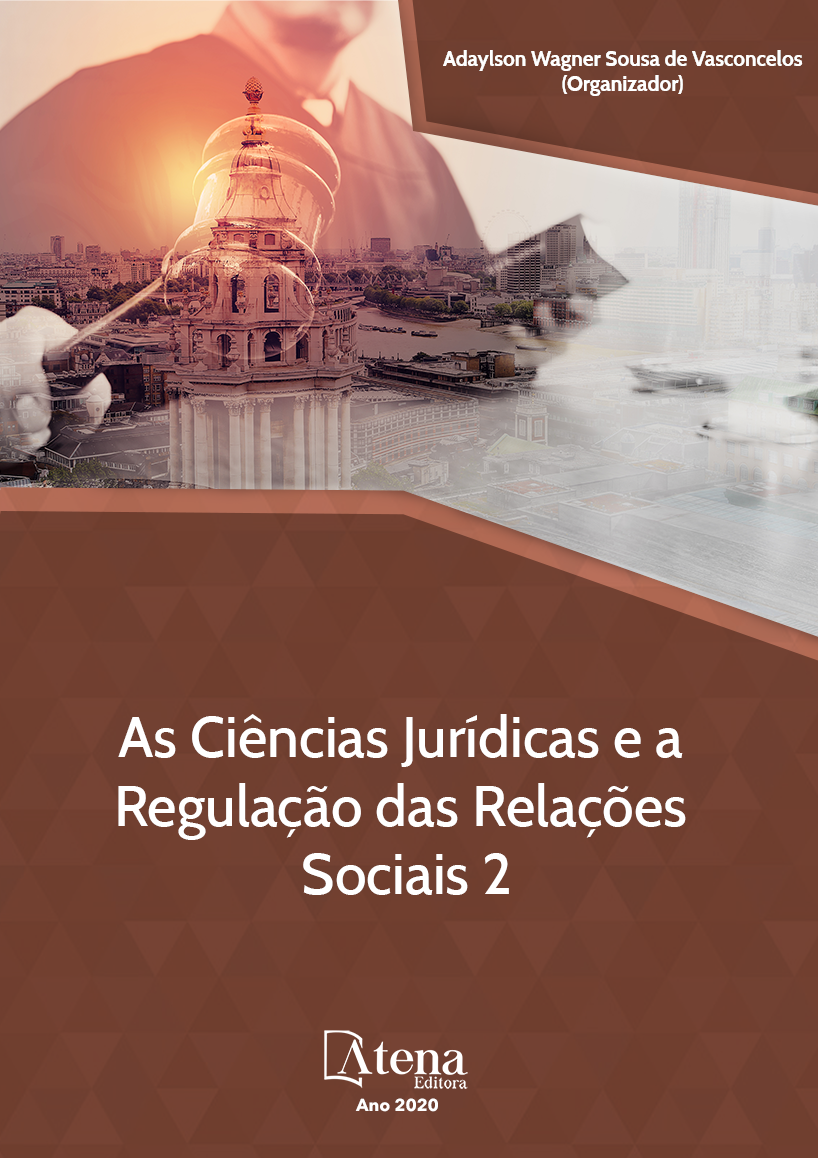
O Instituto da Transação Penal e a Resolução N° 154/2012
O instituto da transação penal,
consolidado no país por meio da Lei n° 9.099
de 1995, é uma das grandes inovações que
os Juizados Especiais Criminais positivaram
no ordenamento jurídico brasileiro. Discussões
doutrinárias, bem como entre operadores do
direito, são realizadas constantemente acerca
dos mais diversos aspectos da referida lei,
inclusive sobre o instituto da transação penal.
Por esse motivo, torna-se imprescindível e
de fundamental importância, o conhecimento
sobre o tema. Assim, utilizando o procedimento
de pesquisa teórica, bibliográfica, documental
e doutrinária, este projeto tem como objetivo
analisar importantes aspectos referentes aos
Juizados Especiais no Direito brasileiro, em
especial, no que tange ao instituto da transação
penal, conhecendo suas características, bem
as discussões a seu respeito. A busca pelo
conhecimento desse instituto se iniciou pela
análise do surgimento dos Juizados Especiais
Criminais, assim como, pela maneira que
transação penal se apresenta dentro deles.
Em seguida foram levantados os principais
aspectos da transação penal, inclusive, a
destinação dos valores pecuniários decorrentes
dos acordos realizados entre o Ministério
Público e o acusado. Ficou demonstrando,
portanto, que a Resolução nº 154 do CNJ, que
veio regulamentar a destinação de referidos
valores, afronta diversos artigos e princípios
constitucionais, devendo, por esse motivo,
ter sua inconstitucionalidade declarada em
breve pelo Supremo Tribunal Federal, uma vez
que já tramita nesse tribunal a ação direta de
inconstitucionalidade -ADI- 5883, proposta pelo
Procurador Geral da República, com objetivo de
findar as arbitrariedades e excessos impostos
por referida resolução.
O Instituto da Transação Penal e a Resolução N° 154/2012
-
DOI: 10.22533/at.ed.33120060314
-
Palavras-chave: JUIZADOS ESPECIAIS CRIMINAIS, TRANSAÇÃO PENAL, INCONSTITUCIONALIDADE DA RESOLUÇÃO N° 154 CNJ.
-
Keywords: CRIMINAL SPECIAL JUDGES, CRIMINAL TRANSACTION, UNCONSTITUTIONALITY OF RESOLUTION Nº 154 CNJ.
-
Abstract:
The institute of criminal transaction,
consolidated in the country through Law N°
9,099 of 1995, is one of the great innovations
that the Special Criminal Courts made positive in the Brazilian legal system. Doctrinal
discussions, as well as between legal operators, are constantly held about the most
diverse aspects of the referred law, including the institute of criminal transaction. For this
reason, knowledge on the subject becomes essential and of fundamental importance.
Thus, using the theoretical, bibliographical, documentary and doctrinal research
procedure, this project aims to analyze important aspects related to the Special Courts
in Brazilian Law, especially regarding the institute of criminal transaction, knowing its
characteristics, as well as the discussions. about you. The search for knowledge of this
institute began by analyzing the emergence of Special Criminal Courts, as well as by
the way that criminal transaction appears within them. Subsequently, the main aspects
of the criminal transaction were raised, including the allocation of monetary values
resulting from agreements between the Public Prosecution Service and the accused.
It has therefore been shown that CNJ Resolution No. 154, which came to regulate the
allocation of such values, violates various articles and constitutional principles, and
should therefore have its unconstitutionality declared soon by the Federal Supreme
Court, since it has already In this court, the direct action of unconstitutionality -ADI-
5883, brought by the Attorney General of the Republic, is being filed with the purpose
of ending the arbitrariness and excesses imposed by said resolution.
-
Número de páginas: 15
- MARCIA CONCEIÇÃO DOS SANTOS


